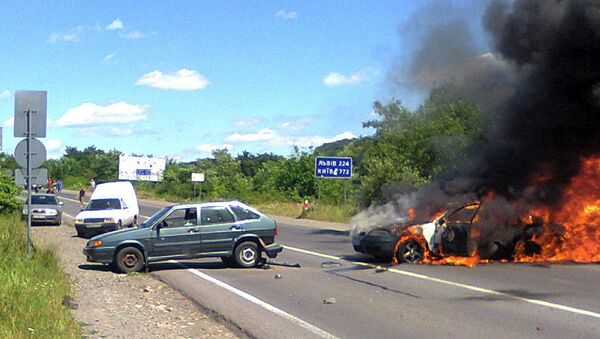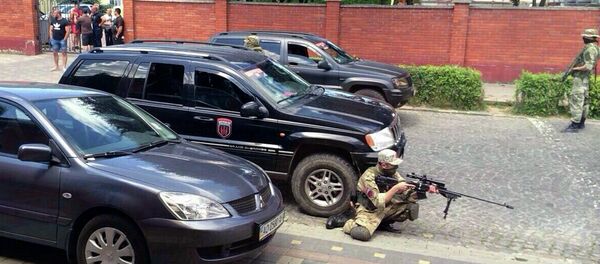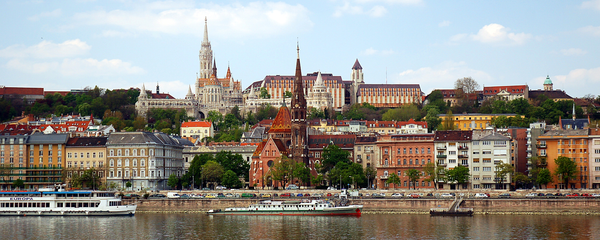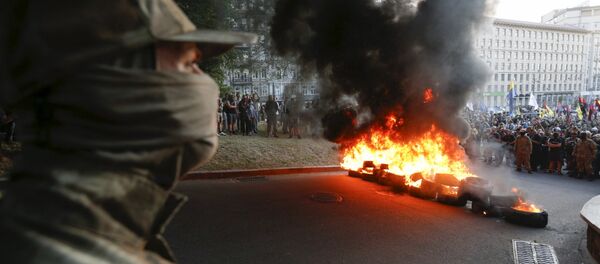According to the minister, the Hungarian government has made preparations for "the worst case scenario" regarding the situation in Ukraine. Moreover, Lázár explained that "according to some analysts, Ukraine is drifting on the edge of collapse, and this process strengthens aspirations for autonomy," which may pose further security challenges.
Lázár told Napi Gazdasag that the Hungarian government has already introduced new programs to assist Hungarian Transcarpathians during the current difficult period. These include financial allowances for school teachers, school meals, and "assistance for local government organs."
Vesti recalls that while Ukrainian law does not formally recognize dual citizenship, most of the 150,000 ethnic Hungarians living in Zakarpattia already hold Hungarian passports, "and the flags of both Ukraine and Hungary already fly over many government buildings" in the region.
Lázár, who is also responsible for civilian intelligence, noted in the report that the military conflict in Ukraine's east, combined with an unstable situation in the rest of the country, has had a contagion effect on the region as a whole, adding that the Ukrainian government's political course has created thorny issues for minorities. He also stated that the Hungarian Intelligence Office has been an active player in Kiev over the past year, its activities aimed at "promoting Hungary's interests."
The minister also stated that both the Hungarian government and the country's security organs believe that the issue of ethnic Hungarians living in Ukraine's Zakarpattia will become critical "in the coming years and decades," arguing that the Information Office will have to reestablish the dormant capabilities of Hungarian intelligence in the interests of protecting Ukrainian-Hungarian Transcarpathians.
Commenting on the potential for the violence in Mukacheve to turn the Hungarian minority issue into a serious problem for Ukraine, Institute of Political Education expert Alexander Solontay told Ukraine's glavcom.ua that "if instead of restoring order Ukrainian authorities take another path, and if similar clashes begin in other cities, then of course there is a possibility that the Hungarian minority will raise the question before Europe about being taken away and saved from Ukraine. They could say 'annex us please, think something up and do whatever is necessary, because we do not want to be a party to this disorder any longer'…But I think that it will not come to this."
The Right Sector paramilitary group played an instrumental role in violent clashes with Kiev police which led to the Maidan coup d'état which ousted the government of former President Viktor Yanukovych in February 2014. Its leader, Dmitro Yarosh, has since gone on to serve as an advisor to the Ukrainian Armed Forces, and the group has dispatched its own volunteer battalion to fight anti-Kiev militia in Donbass.





